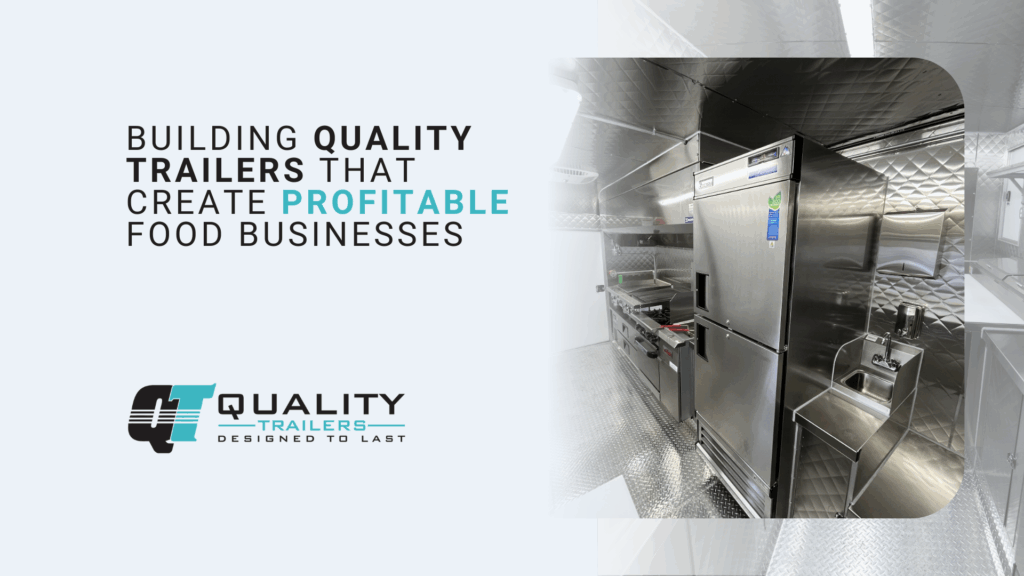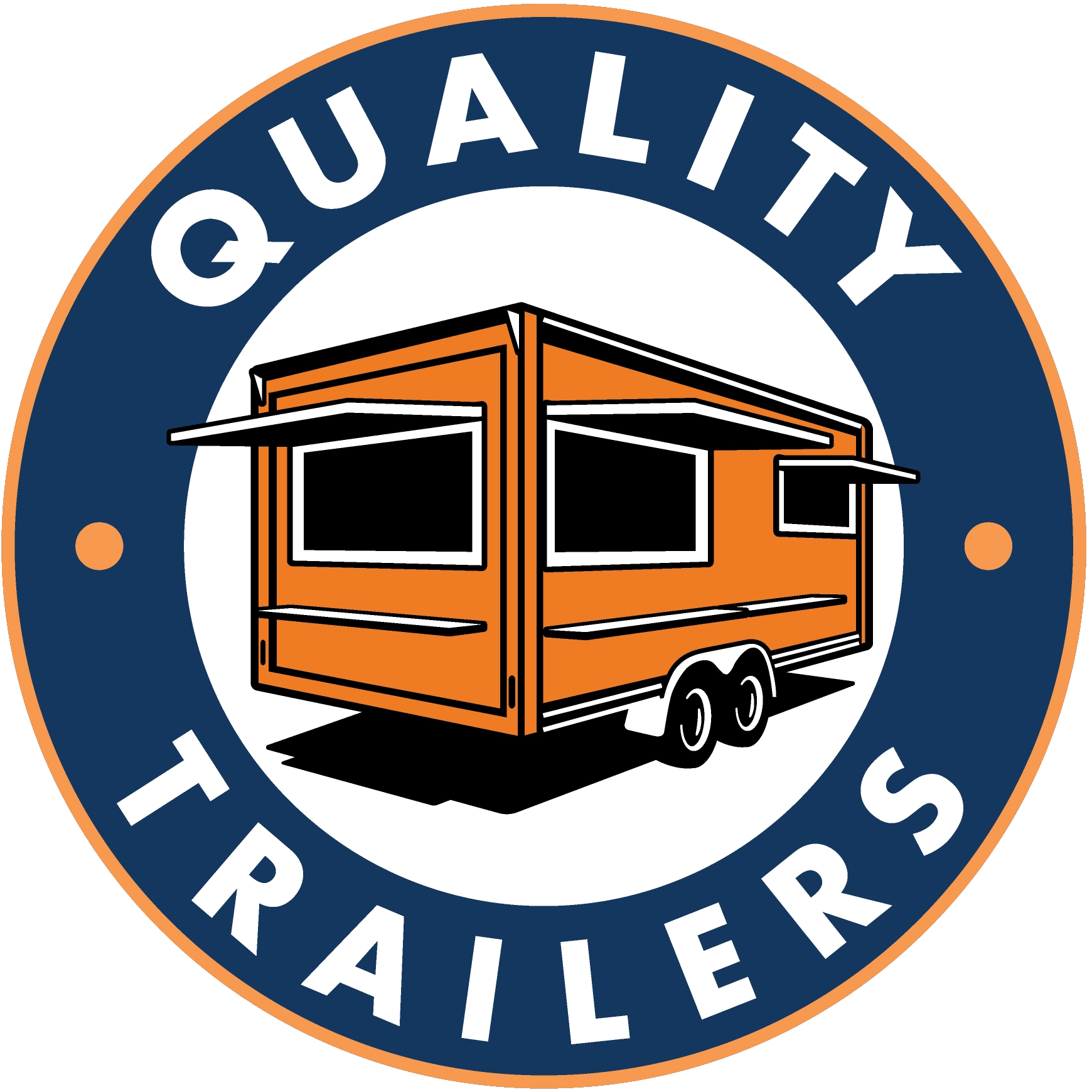Building Quality Trailers That Create Profitable Food Businesses

Starting a mobile food business requires careful planning, creativity, and most importantly, the right equipment. A quality food trailer built to your specifications serves as the foundation for successful food entrepreneurs across the country. These custom built mobile kitchens provide the perfect balance of functionality, mobility, and brand presence that can help transform culinary dreams […]
